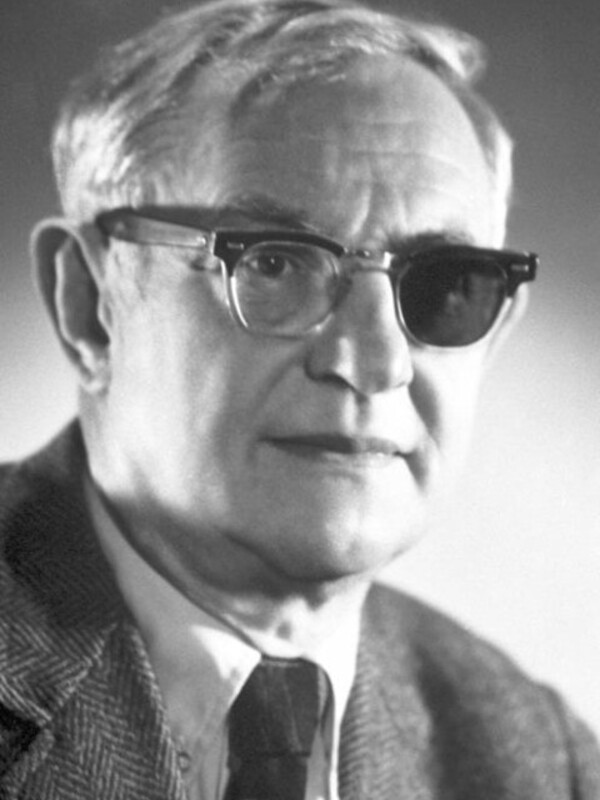Breadcrumbs
- Home
- Program Events
- Julius Axelrod Distinguished Visiting Neuroscientist
Julius Axelrod Distinguished Visiting Neuroscientist
This Distinguished Visiting Neuroscientist at the University of Toronto lecture series was established in 1999 in tribute to Nobel laureate, Julius Axelrod, Ph.D., for his pioneering and fundamental contributions to the neurosciences.

Nobel Laureate Dr. Julius Axelrod
Dr. Julius Axelrod was born on May 30th, 1912, in New York City. He obtained his B.Sc. in 1933 at the College of the City of New York, M.A. in 1941 at New York University, and Ph.D. in 1955 from the George Washington University. In October 1970, the Karolinska Institute decided to award the Nobel Prize in Physiology or Medicine for 1970 jointly to Bernard Katz, Ulf von Euler and Julius Axelrod for their discoveries concerning "the humoral transmitters in the nerve terminals and the mechanisms for their storage, release and inactivation."
More
"The discoveries which this year’s Nobel laureates have made have given us answer to questions of fundamental importance for the understanding of the mechanism underlying the transmission between the nerve cells, i.e. at the so-called synapses, and between the nerve terminals and the so-called effector organs, for instance between the motor nerve fibres and the muscle fibres which they innervate. The transmission between the nerve cells, which radically differs from the mechanisms underlying the impulse transmission in the nerve fibres, is mediated by chemical substances, so-called neurotransmitters, which carry the message from one cell to the other. The three scientists have been working independently of each other, but their discoveries all contribute in solving principal questions concerning the neurotransmitters, their storage, release and inactivation. Dr. Julius Axelrod’s discoveries concern the mechanisms which regulate the formation of this important transmitter in the nerve cells and the mechanisms which are involved in the inactivation of noradrenaline, partly under the influence of an enzyme discovered by himself. von Euler’s and Axelrod’s discoveries have not only increased our knowledge about the transmission in the sympathetic nervous system, they also form the basis for the understanding of the transmission in the central nervous system and its pharmacology. Thus in a very significant way, the laureates have presented basic data about the physical and chemical mechanisms of the synaptic transmission and thus given us basic information about how the messages are mediated between nerve cells. Their discoveries concerning these regulatory mechanisms in the nervous system are fundamental in neurophysiology and neuropharmacology and have greatly stimulated the search for remedies against nervous and mental disturbances."
From the Press Release: The 1970 Nobel Prize in Physiology or Medicine
Dr. Axelrod passed away on December 29, 2004 at the age of 92.
